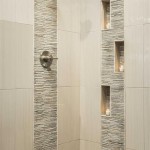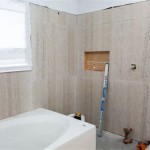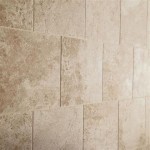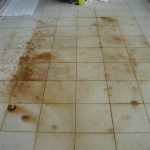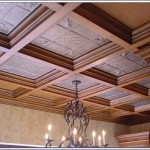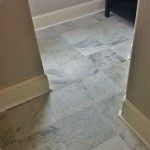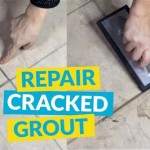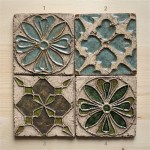Pros and Cons of Luxury Vinyl Tile Flooring
Luxury vinyl tile (LVT) flooring has gained popularity for its durability, versatility, and aesthetic appeal. It is a type of resilient flooring made from multiple layers of materials, including a durable vinyl top layer that mimics the look and feel of natural materials such as wood or stone. While LVT flooring offers numerous advantages, it is essential to consider its potential drawbacks before making a decision.
Pros of Luxury Vinyl Tile Flooring
Durability: LVT flooring is exceptionally durable and resistant to wear and tear. It can withstand heavy foot traffic, making it suitable for high-traffic areas such as kitchens, hallways, and commercial spaces.
Water Resistance: LVT flooring is waterproof or water-resistant, making it an excellent choice for areas exposed to moisture, such as bathrooms and laundry rooms. It can prevent water damage and mold growth, ensuring a hygienic living space.
Versatility: LVT flooring comes in a wide range of designs, colors, and textures, allowing for customization and complementing any décor style. It can mimic the look of hardwood, stone, tile, and other materials, providing endless design possibilities.
Easy Maintenance: LVT flooring requires minimal maintenance. Regular sweeping, vacuuming, and occasional damp mopping with a gentle cleaning solution are sufficient to keep it clean and looking its best.
Comfort and Sound Absorption: LVT flooring is slightly cushioned, providing a comfortable surface to walk on. It also absorbs sound, reducing noise levels in the room, making it a suitable option for homes, offices, and other spaces.
Affordability: Compared to natural materials like hardwood or stone, LVT flooring is relatively affordable, offering a more budget-friendly alternative while maintaining a high-end look.
Cons of Luxury Vinyl Tile Flooring
Potential for Fading: While LVT flooring is durable, it can be susceptible to fading over time, especially in areas exposed to direct sunlight. Prolonged exposure to UV rays can cause the colors to fade, affecting the overall aesthetics of the flooring.
Installation Complexity: Installing LVT flooring requires precision and attention to detail, especially when it comes to cutting and fitting the tiles. Improper installation can compromise the integrity and durability of the floor.
Limited Repair Options: Unlike natural materials, LVT flooring is not easily repairable. If a tile is damaged, it may require replacement, which can be time-consuming and costly.
Environmental Impact: LVT flooring is made from synthetic materials, including polyvinyl chloride (PVC), which can be harmful to the environment during manufacturing and disposal. Some LVT products may contain harmful chemicals that emit volatile organic compounds (VOCs) into the air.
Potential for Shrinkage and Expansion: LVT flooring can be affected by temperature and humidity changes, causing it to shrink or expand. This can lead to gaps between tiles or buckling, requiring professional repairs.
Not as Durable as Natural Materials: While LVT flooring is durable, it may not be as long-lasting as natural materials such as hardwood or stone. With heavy use and improper maintenance, LVT flooring can wear out faster, affecting its lifespan.
Pros And Cons Of Luxury Vinyl Flooring In Basements

Vinyl Flooring Pros And Cons Forbes Home

Luxury Vinyl Flooring Pros And Cons I Never Thought We D Do This To Our Main Floor Diy Life

Vinyl Flooring And Floor Tiles The 8 Pros Cons

Luxury Vinyl Flooring Pros And Cons I Never Thought We D Do This To Our Main Floor Diy Life

Vinyl Plank Flooring Vs Laminate Porcelain Linoleum Pros Cons Of Luxury Tile Wood

Vinyl Vs Laminate Flooring Pros Cons And Differences Forbes Home

Pros And Cons Of Luxury Vinyl Tile Affordable Easy To Install

Pros And Cons Of Luxury Vinyl Tiles Lvt Flooring Teka

Luxury Vinyl Plank Pros And Cons Bathroom Edition Penny Modern
Related Posts

